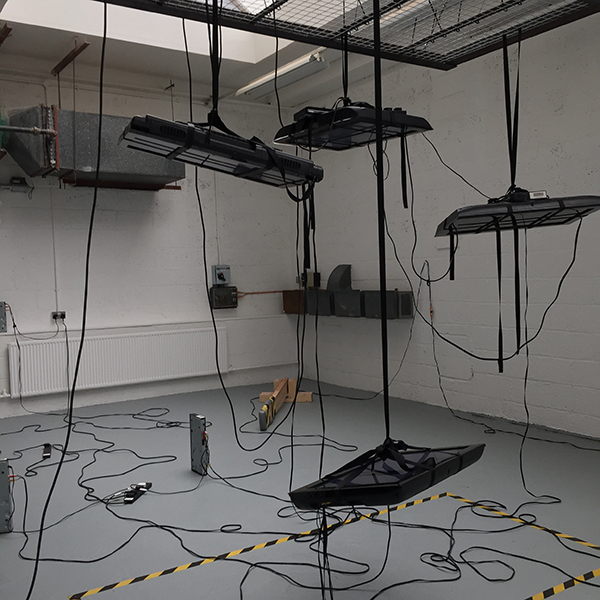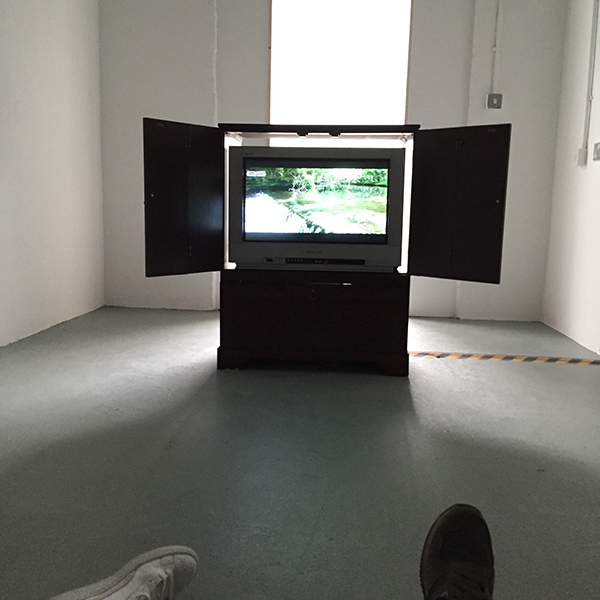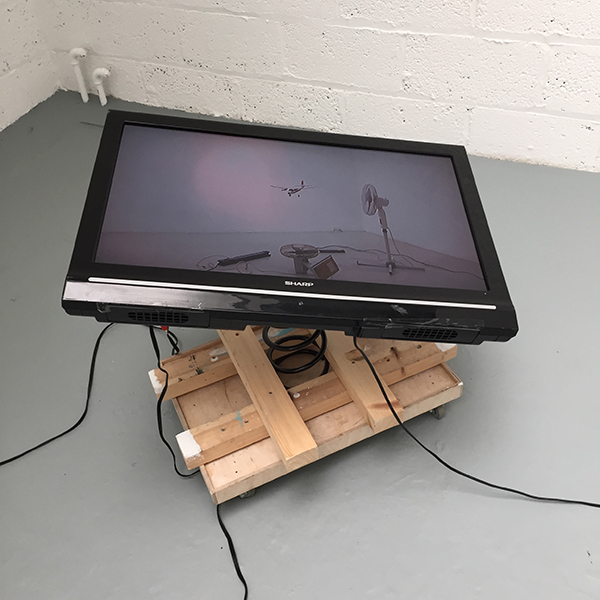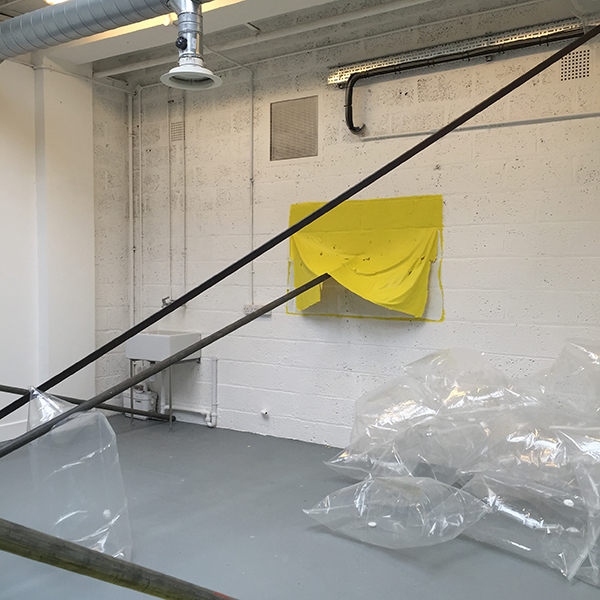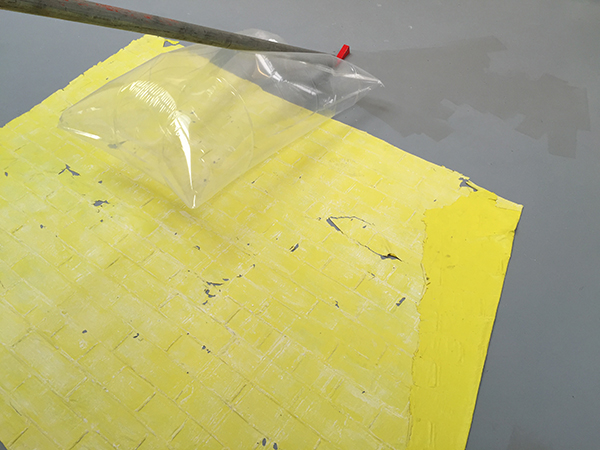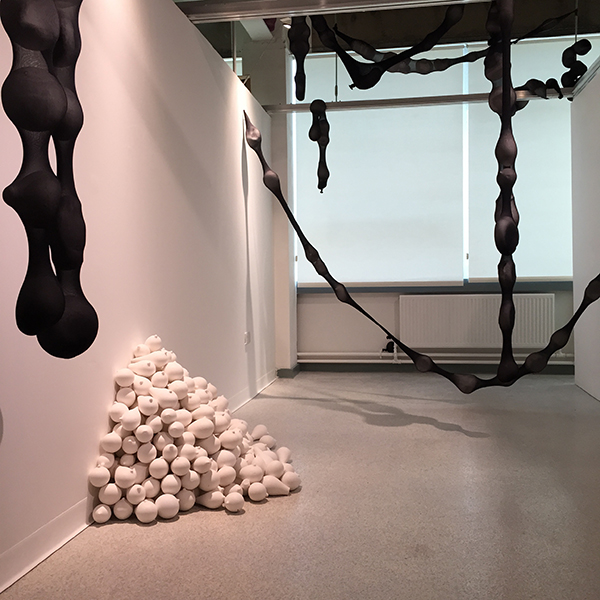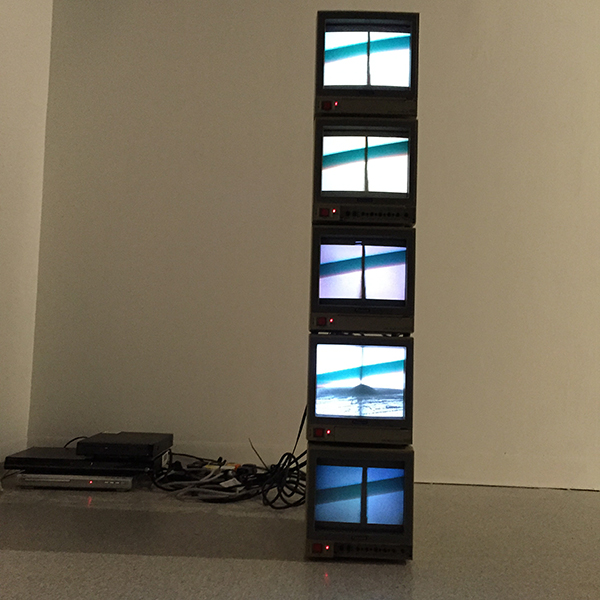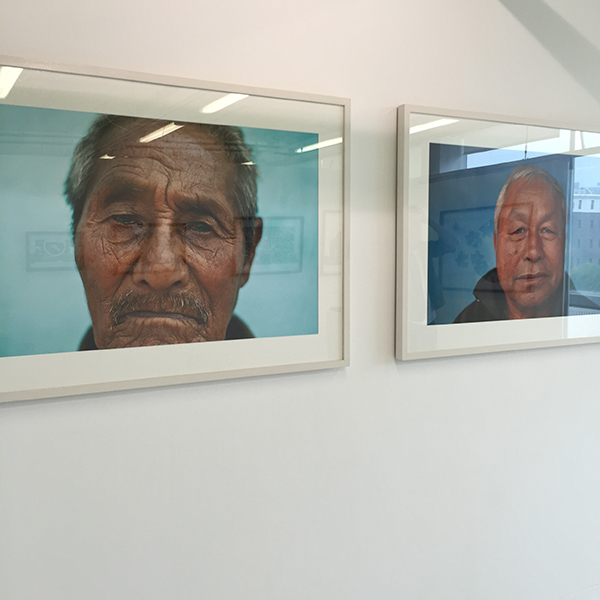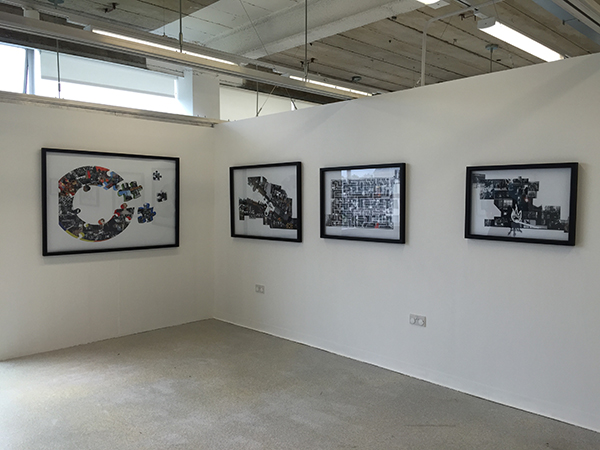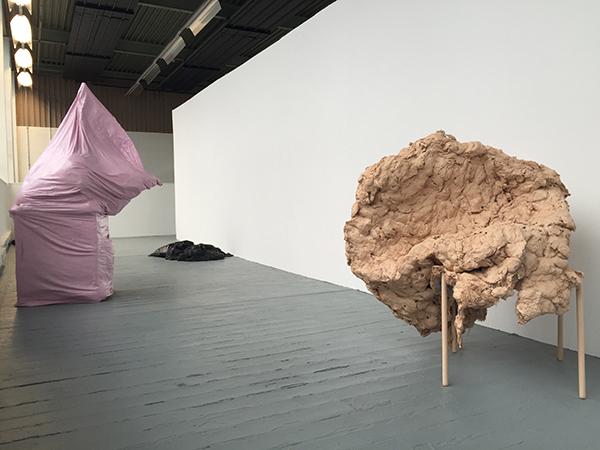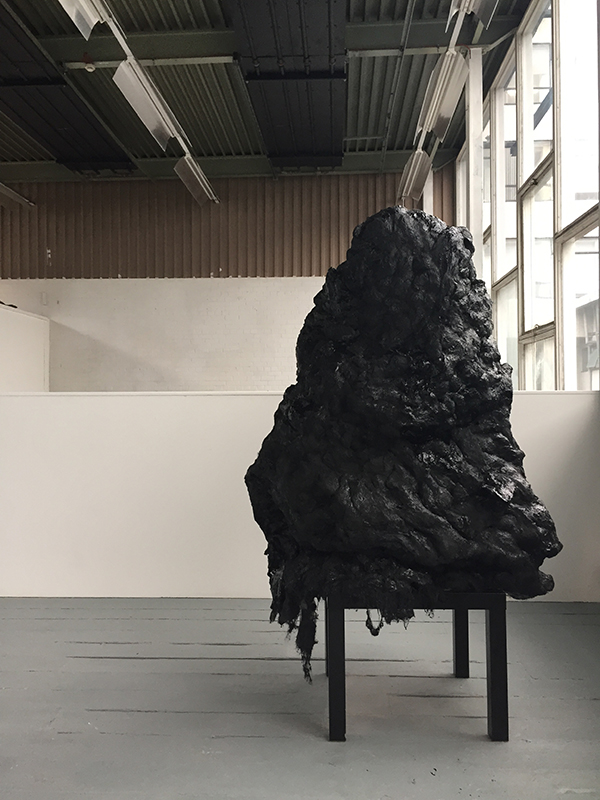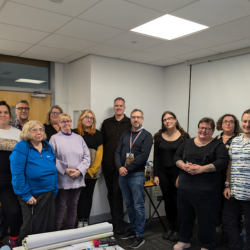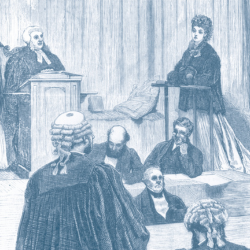-
Study
-
Undergraduate
- Search for a Course
- Undergraduate Open Day & Events
- Application Guides
- Northumbria University UCAS Exhibitions
- Foundation Years
- Undergraduate Fees & Funding
- School & College Outreach
- Continuing Professional Development
-
Postgraduate
- Postgraduate Study Degree
- Postgraduate Research Degrees
- Postgraduate Open Days and Events
- Postgraduate Fees & Funding
- Flexible Learning
- Thinking about a Masters?
- Continuing Professional Development
- Change Direction
-
Student Life
- The Hub - Student Blog
- Accommodation
- Life in Newcastle
- Support for Students
- Careers
- Information for Parents
- Students' Union
- Northumbria Sport
- Be Part of It
-
-
International
International
Northumbria’s global footprint touches every continent across the world, through our global partnerships across 17 institutions in 10 countries, to our 277,000 strong alumni community and 150 recruitment partners – we prepare our students for the challenges of tomorrow. Discover more about how to join Northumbria’s global family or our partnerships.
View our Global Footprint-
Applying to Northumbria
- European Union
- Our London Campus
- Northumbria Pathway
- International Events
- Entry Requirements and Country Representatives
- Regional Offices
-
Northumbria Language Centre
- Faculty Requirements
- Acceptable English Requirements
- Pre-sessional English Language and Study Skills
- Academic Language Skills Programmes (ALS)
-
International Fees, Funding & Scholarships
- International Undergraduate Fees
- International Undergraduate Funding
- International Masters Fees
- International Masters Funding
- International Postgraduate Research Fees
- International Postgraduate Research Funding
- International Money Matters
-
Life at Northumbria
- International student support
- Careers
-
International Mobility
- Current Northumbria Students
- Incoming Exchange Students
-
-
Business
Business
The world is changing faster than ever before. The future is there to be won by organisations who find ways to turn today's possibilities into tomorrows competitive edge. In a connected world, collaboration can be the key to success.
More on our Business Services -
Research
Research
Northumbria is a research-rich, business-focused, professional university with a global reputation for academic quality. We conduct ground-breaking research that is responsive to the science & technology, health & well being, economic and social and arts & cultural needs for the communities
Discover more about our Research -
About Us
-
About Northumbria
- Our Strategy
- Our Staff
- Place and Partnerships
- Student Profiles
- Alumni Profiles
- Leadership & Governance
- Academic Departments
- University Services
- History of Northumbria
- Contact us
- Online Shop
-
-
Alumni
Alumni
Northumbria University is renowned for the calibre of its business-ready graduates. Our alumni network has over 244,000 graduates based in 178 countries worldwide in a range of sectors, our alumni are making a real impact on the world.
Our Alumni - Work For Us
What will I learn on this module?
The Engagement and Participation module aims to provide you with opportunities to explore personal values and aspirations while undertaking a live brief and working in collaboration with peers and external professionals. Through the module you are encouraged to consider different ways to creatively experience and access contemporary art. Supporting your ongoing professional practice, you will learn about exhibition and outreach processes, and explore broader questions relating to audience, ethics, professional skills and safe working. You will reflectively learn about a range of artists, methodologies, production, exhibition and the cultural sector. Responding to a live brief, you will devise creative responses and activities working with peers and external cultural sector partners.
All these activities support transferable ‘soft’ skills and helps you to gain a deeper understanding of contemporary art.
For assessment you will be required to reflect upon your personal experience, learning and development.
How will I learn on this module?
On the Engagement and Participation module you learn by engaging with an applied range of creative experiences. Using a blended learning approach Your learning experience takes place on and off campus. Your learning is facilitated through scheduled teaching activities including weekly one-hour lectures and seminars, alongside workshops, a group project, external visits, and project supervision.
Learning about diverse ways contemporary art can engage different audiences you will be introduced to creative practitioners and professionals working in the cultural sector.
The module guides you to work on a live brief. This invites you to learn collaboratively with peers by devising and facilitating creative responses and activities that respond to a set thematic enquiry. Working in teams, you will present your learning to peers and cultural partners.
You will embed your experiential learning through reflective report writing, evaluating your experience and detailing how you applied the transferable skills gained across the semester.
These approaches will help you to gain a wider understanding of the subject and start to position your practice within it. They support you to develop social, organisational, intellectual and professional skills. They enhance your learning in areas of communication, taking initiative, decision-making, problem solving, negotiation, critical reflection and independent working.
How will I be supported academically on this module?
You are supported by the module lead; they will introduce the module at the start of the semester and offer advice and guidance throughout. At the start you are supported in safe working practices through training and instruction in health and safety, safeguarding and in ethics. This equips you for your group project and live brief activities.
Your learning is mapped out in a module guide and in the live brief; this includes project timelines, guidance notes and key dates to help you organise and plan your time. Teaching materials, notices and guidance, including the module guide are available to you through BLACKBOARD, the Northumbria University online electronic learning portal; this is accessible online on and off campus. You will have a university email that we contact you through.
We support your learning by providing on-going feedback (Formative and Summative) through the range of teaching and learning approaches offered. We ask you to electronically submit your group presentation, reflective account and placement report so you have an ongoing record of your learning.
Written feedback at the end of each assessment point supports your academic progress by assisting your reflection on and awareness of your achievements and potential as a learner.
Where appropriate you may also be directed to engage with our Skills Plus or other resources offered through the University Student Support Services such as Dyslexia Support. Guidance tutorials also provide opportunities for students to discuss, in confidence, their academic progress on the programme.
What will I be expected to read on this module?
All modules at Northumbria include a range of reading materials that students are expected to engage with. Online reading lists (provided after enrolment) give you access to your reading material for your modules. The Library works in partnership with your module tutors to ensure you have access to the material that you need.
What will I be expected to achieve?
Knowledge & Understanding:
1. You will demonstrate an awareness of key professional considerations for contemporary art practice, including a reflective understanding of the roles of artists and audiences.
Intellectual / Professional skills & abilities:
2. You will understand the concept of transferable skills and apply them to real situations, demonstrating the ability to prioritise, meet deadlines, act appropriately and accept responsibility, either individually or as part of a team.
3. You will demonstrate the ability to write reflectively, including presentation, structure, layout and referencing.
Personal Values Attributes (Global / Cultural awareness, Ethics, Curiosity) (PVA):
4. You will identify and evidence applied understanding of participation and engagement in the context of contemporary art practice, including cultural awareness, ethics and safeguarding.
How will I be assessed?
Summative Assessment for this module has two components:
1. Group presentation (following live brief) 40% 50% (MLOs 1,2,3 & 4)
2. Individual written, reflective report following the Live Brief and Group Presentation 60% (MLOs 1,2,3 & 4)
1. Group presentation (responding to live brief)
Working with peers, you will make a reflective group presentation that evaluates your creative response to the live brief. Group presentations will be digital and can be submitted as a film or recorded PowerPoint. Each presentation should last between 8 and 10 minutes.
2. Following the Live Brief and Group Presentation you will submit a 1000-word individual reflective writing that appraises your role in the group project, you will assess your performance against the module learning outcomes. The weighting of this assessment is 60%.
Summative Feedback
Individually focused feedback will be provided within 20 working days of each Summative Assessment submission deadline for this module. You will receive written feedback. All feedback will be provided in the context of the module learning outcomes and module assessment criteria.
Pre-requisite(s)
N/A
Co-requisite(s)
N/A
Module abstract
Please find details of this module in the other sections provided
Course info
UCAS Code W100
Credits 20
Level of Study Undergraduate
Mode of Study 3 years Full Time or 4 years with a placement (sandwich)/study abroad
Department Arts
Location City Campus, Northumbria University
City Newcastle
All information is accurate at the time of sharing.
Full time Courses are primarily delivered via on-campus face to face learning but could include elements of online learning. Most courses run as planned and as promoted on our website and via our marketing materials, but if there are any substantial changes (as determined by the Competition and Markets Authority) to a course or there is the potential that course may be withdrawn, we will notify all affected applicants as soon as possible with advice and guidance regarding their options. It is also important to be aware that optional modules listed on course pages may be subject to change depending on uptake numbers each year.
Contact time is subject to increase or decrease in line with possible restrictions imposed by the government or the University in the interest of maintaining the health and safety and wellbeing of students, staff, and visitors if this is deemed necessary in future.
Useful Links
Find out about our distinctive approach at
www.northumbria.ac.uk/exp
Admissions Terms and Conditions
northumbria.ac.uk/terms
Fees and Funding
northumbria.ac.uk/fees
Admissions Policy
northumbria.ac.uk/adpolicy
Admissions Complaints Policy
northumbria.ac.uk/complaints


